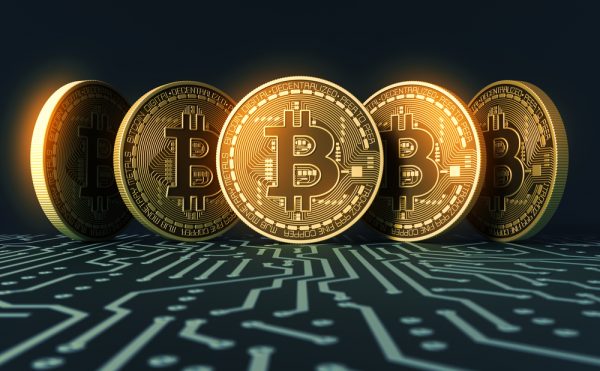Blockchain technology, which underlies digital currencies such as bitcoin, is poised to transform several industries such as banking, international trade, music distribution and many more. Moreover, one unsuspecting player that is ripe for blockchain disruption is the gaming industry.
So, how does blockchain link to the ever-growing world of gaming, an industry with a projected $128 billion in yearly revenue by 2020? In this guide, we will explore four ways blockchain could disrupt gaming.
How Blockchain Could Disrupt Gaming
Incentivizing Games
Providing in-game incentives to players is a crucial selling point for most leading games. Some popular online games such as FIFA Ultimate Team, a popular mode within the FIFA soccer series, enable players to earn ‘game tokens’ as part of the gaming experience. However, while these in-game tokens allow players to purchase extra player items, they cannot be utilized outside of the game.
Blockchain technology can facilitate the listing of in-game tokens on third-party exchanges, as well as be traded against other digital assets. Furthermore, the future of competitive gaming that integrates blockchain could result in successful players being rewarded in cryptocurrencies like bitcoin (BTC).
There are already a number of bitcoin games that reward you in the cryptocurrency like Bitcoin Alien Run, Spells of Genesis and more. Gamers can earn BTC by competing online against competitors, or in some cases, by completing a variety of game tasks.
Democratize the Gaming Experience
Voting features have proven to be popular within the gaming community especially for online games. It is quite useful when it comes to ranking players, teams, different games and even game items. However, corruption and manipulation of votes have in some cases, resulted in feedback from voting systems being unreliable.
The blockchain can solve this by deploying smart contracts that make it almost impossible to tamper with the voting system. In addition, the distributed ledger technology eliminates the risk of manipulation of votes and therefore, serve to democratize the gaming experience.
Proof of Limited Supply
The blockchain can be used to create in-game digital assets or customize certain items such as swords, guns, armor, etc. to enhance their value. A perfect example of this technology being used is in the game Crypto Kitties.
Crypto Kitties utilizes the Ethereum blockchain to store collectible virtual cats, which players can obtain, breed, and trade. Crypto Kitties was a runaway success managing to process millions in transactions in its first week, with their favorite “Genesis Cat” selling at $115,000. The proof of asset scarcity led to the demand for these virtual items.
Transferring Rewards across Multiple Games
Gamers who prefer to directly obtain in-play game add-ons rather than having to earn them through successful gameplay, sometimes have the option to buy them from the developer. However, one disadvantage of this scenario is a player can only use these items within the game since they cannot be transferred to other games.
A recent study revealed that over 60 percent of participants felt that being able to use in-game items across multiple titles would drastically improve their gaming experience.
Blockchain can deliver in this area customizing the items to digital assets, and allowing players to transfer them with ease without any third party interference. This could result in cross-platform mobility and increased profits for game developers.


